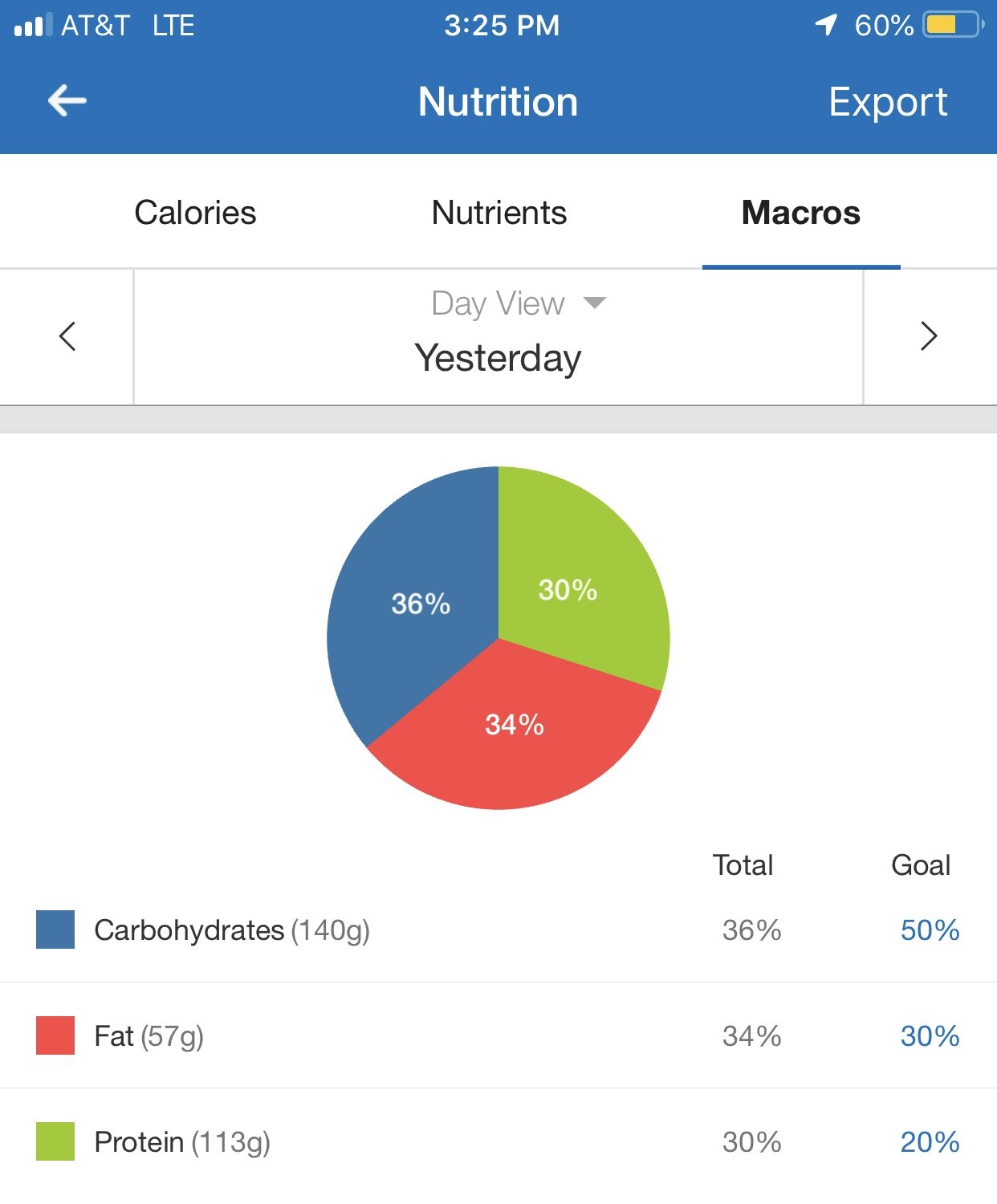Protein is a crucial component of a healthy diet, especially when it comes to building and maintaining muscle, supporting recovery, and enhancing overall health. However, many people overlook the importance of tracking their protein intake, which can be a game-changer for achieving long-term fitness goals and promoting longevity. In this blog, we'll explore the benefits of protein tracking, share insights from top scientists, and discuss how Coach Ray Traitz has helped clients optimize their protein intake for better results.
Why Track Your Protein Intake?
Tracking protein intake ensures that you're consuming enough to meet your body's needs, particularly if you're engaged in regular exercise. Whether you're looking to build muscle, lose fat, or maintain overall health, getting the right amount of protein is essential.
1. Supports Muscle Growth and Repair
2. Enhances Recovery
3. Promotes Satiety and Fat Loss
Insights from Leading Scientists
1. Dr. Stuart Phillips, Ph.D.
Muscle Protein Synthesis: Dr. Phillips emphasizes the role of protein in stimulating muscle protein synthesis, which is critical for muscle growth and maintenance.
Aging and Protein Needs: His research highlights the increased need for protein as we age to prevent muscle loss and support metabolic health.
Protein Distribution: Dr. Phillips also advocates for distributing protein intake evenly throughout the day to maximize muscle protein synthesis.
2. Dr. Donald Layman, Ph.D.
Leucine Threshold: Dr. Layman’s work focuses on the importance of leucine, an amino acid found in protein, in triggering muscle protein synthesis. He stresses the need to reach a “leucine threshold” with each meal.
Metabolic Health: His studies show that higher protein diets can improve metabolic health, reduce body fat, and support muscle maintenance.
Protein Timing: Dr. Layman suggests that consuming protein at the right times, particularly post-workout, can enhance recovery and muscle growth.
3. Dr. Gabrielle Lyon, D.O.
Muscle-Centric Medicine: Dr. Lyon promotes a muscle-centric approach to health, where adequate protein intake is essential for maintaining muscle mass and metabolic health.
Longevity and Protein: She argues that protein is crucial for longevity, particularly in preventing age-related muscle loss (sarcopenia).
Quality of Life: Dr. Lyon’s research suggests that maintaining muscle mass through proper protein intake can improve quality of life as we age.





